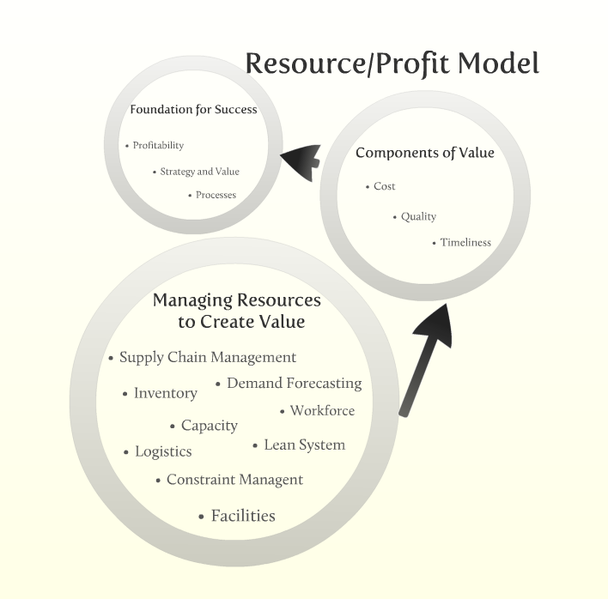Any nonbusiness model. A single example of a noncommercial (but also nongovernmental) operating model in the context of any plausibly economic activity in any social setting. Perhaps there is not and never will be and even maybe never can be such an example; demonstrating yet again why nature abhors an anagora. Tom Slee, in Open Wide — The New Inquiry, gives us multiple examples of commons-based online communities that lost their innocence in one way or another, and in the process lost

whatever authenticity, outsider appeal, alternativity, and the like that originally made these cool spaces in which to be a participant. Not wanting to pirate the article, I will give a list of the entities used as case studies:
- Bebo.com, now part of AOL
- Goodreads, now part of Amazon
- Mendeley, now part of Elsevier
- Tumblr, now part of Yahoo!
- Zipcar, now part of Avis
- IMDB, now part of Amazon
- Couchsurfing.com, formerly couchsurfing.org
In about three quarters of these examples, the fact that the enrichment of the commons had become the sharecropping of the long tail became evident in the form of mergers and acquisitions. I have long wondered whether there’s something in the Iron Laws of Economics that dictates that the role of small businesses and startups is to serve as feeder fish in the world of commerce. I have also questioned whether the trend from employment employment to self employment is at all liberating, empowering, or even conducive to independence in some sense. In terms of my own options for combating nichelessness, I’ve thought of the trend from J.O.B. security to precarity as something I’m being backed into by a combination of a less labor-intensive economy, a less labor-driven polity, a disentitled generation of young adults, and other factors making “cushy” jobs harder to come by. So far, I’ve given the prevailing trend the benefit of the doubt and assumed that there are some people for whom a less risk-averse and less competition-averse culture is a better fit and a more opportune ecosystem, and that these people are in some way changing the world, but I’m beginning to question that. Startup founders describe themselves and their ventures as “disruptive,” but it’s getting hard to identify possible outcomes for such ventures other than (1) a failed business or (2) a business that is for sale. At best, it seems that cooptation is a stronger force than disruption. Is this too an Iron Law of Economics?

Leave a Reply